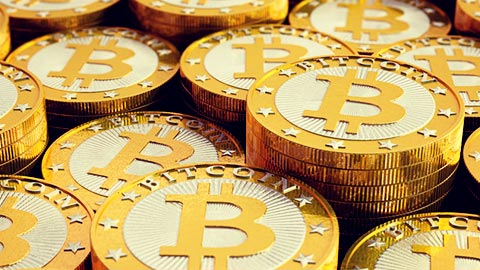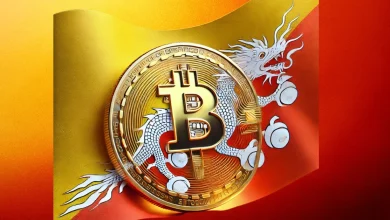Report: Bhutan excels in cryptocurrency mining while Pakistan’s ambitions remain unfulfilled

Despite starting their cryptocurrency ventures around the same time, Bhutan and Pakistan have had vastly different outcomes. While Bhutan now ranks as the world’s fifth-largest bitcoin holder, with reserves making up 35% of its GDP, Pakistan’s cryptocurrency mining ambitions remain unfulfilled due to bureaucratic and political hurdles, according to a news report.
Bhutan ranks fifth among countries that own Bitcoin (BTC), after the United States, China, the United Kingdom, and Ukraine. Other countries are also benefiting from the ongoing bull market.
El Salvador, one of the first countries to adopt Bitcoin as legal tender, is taking advantage of the boom to reduce its national debt and fund ambitious initiatives, including the development of a proposed Bitcoin City.
In 2020, the Khyber Pakhtunkhwa (KP) government envisioned Bitcoin mining as a way to generate significant revenue for the cash-strapped province. Backed by crypto experts Waqar Zaka and Ghulam Ahmad Rumi, and backed by Ziaullah Bangash, Advisor to the Prime Minister on Science and Technology, KP seemed poised to lead the crypto revolution in the country.
The province’s abundant hydropower resources, capable of generating 30,000 megawatts, are seen as an ideal basis for the energy-intensive cryptocurrency mining process.
The Khyber Pakhtunkhwa Provincial Assembly passed a resolution in December 2020 urging federal legislation on cryptocurrencies. By February 2021, a committee headed by Bangash prepared a draft law to regulate cryptocurrency mining.
However, while the bill was scheduled to be presented to the provincial cabinet, the Prime Minister’s Office suddenly ordered Bangash to halt the initiative without explanation. Bangash revealed that more than 300 overseas Pakistanis have shown interest in investing in cryptocurrency mining if proper regulations are in place.
Adding to the setbacks, the Federal Investigation Agency (FIA) raided one of Rumi’s operating mining farms, confiscating equipment despite its lack of jurisdiction. Bangash resigned in frustration, later asserting that federal resistance had derailed the project.
Despite receiving international media attention, the Pakistan Federal Commission failed to take concrete steps, leaving KP’s vision for cryptocurrencies unrealized.
In stark contrast, Bhutan has quietly advanced its cryptocurrency ambitions under its sovereign investment arm, Druk Holding & Investments (DHI). By tapping into hydroelectric resources, Bhutan has been able to support large-scale Bitcoin mining operations sustainably, especially as COVID-19 has disrupted its tourism-dependent economy. By 2021, Bhutan had invested millions in digital assets, with its bitcoin holdings now valued at $1.2 billion, even after selling off portions to pay government salaries.
Bhutan’s mining operations are set to grow further through a partnership with Singapore-based Bitdeer, which aims to increase capacity to 600MW.
In November 2024, The Bhutan government sold 367 bitcoins It is valued at around $33.5 million by cryptocurrency exchange Binance, according to blockchain analytics firm Arkham Intelligence. The sell-off occurred when Bitcoin was trading near $90,000. This marks the second major sale of bitcoin in Bhutan in recent months, following a $66 million deal when bitcoin reached $70,000. Combined, these sales totaled nearly $100 million.
Despite these transactions, Bhutan remains one of the largest state holders of bitcoin, with 12,206 bitcoins under the management of Druk Holding & Investments, worth about $1.11 billion.
Unlike other countries that have reported seizures of cryptocurrency assets, Bhutan mines Bitcoin using its abundant hydroelectric resources. The country’s approach, characterized by the strategic timing of sales, demonstrates a sophisticated management strategy for its cryptocurrency assets.
Beyond cryptocurrencies, DHI has diversified its business into AI, blockchain, and metaverses, launching the world’s first decentralized national identity platform – a concept Pakistan has only recently begun to explore.
While Bhutan is reaping the benefits of a forward-looking strategy, Pakistan’s missed opportunities in cryptocurrency mining highlight the challenges of navigating bureaucratic resistance and political gridlock, derailing what could have been a transformative initiative for the country.
https://profit.pakistantoday.com.pk/wp-content/uploads/2018/09/Bitcoin_07.jpg




